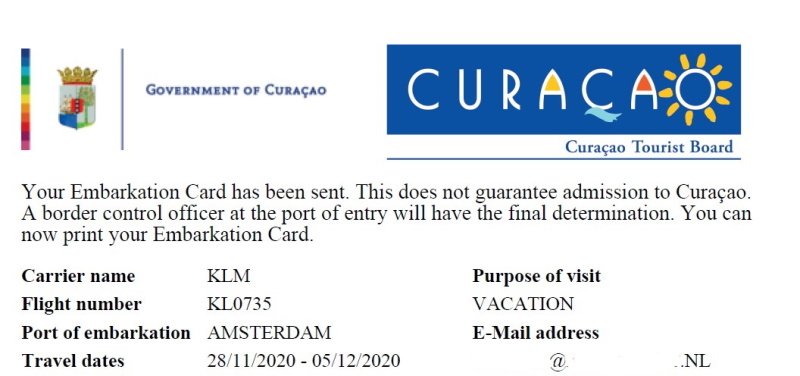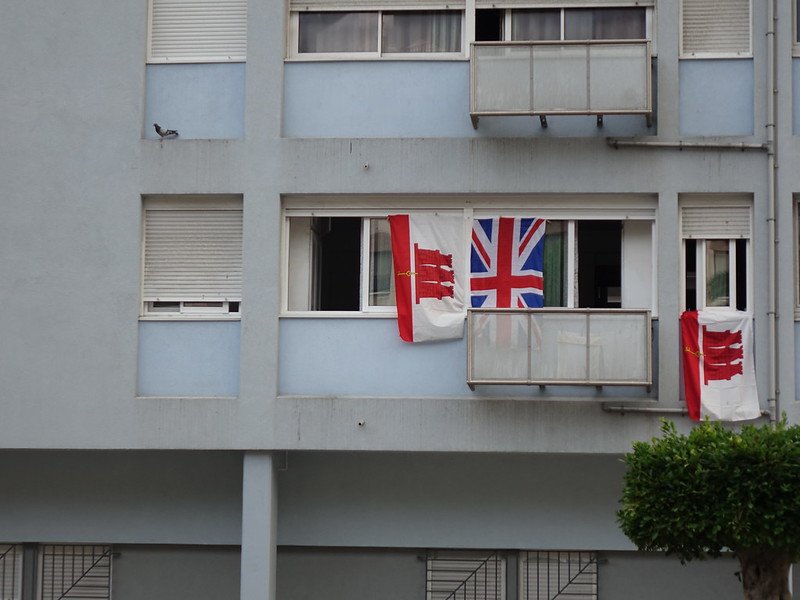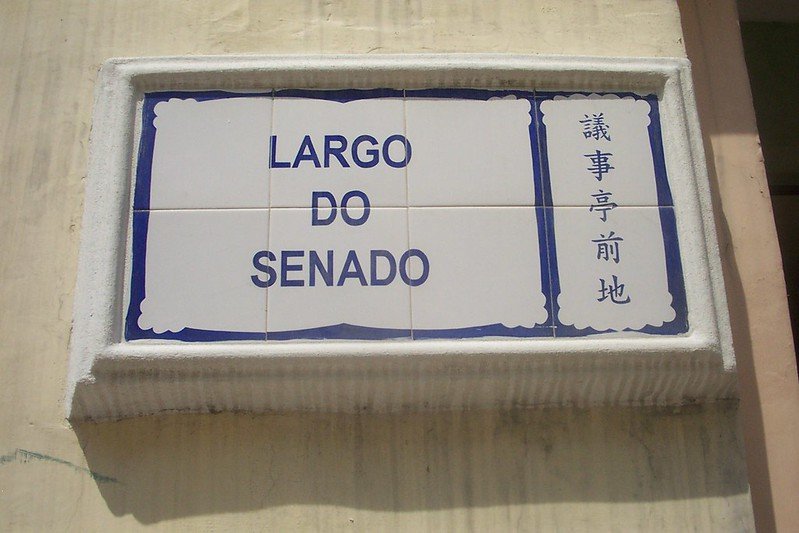First published: Sun 29 Nov 2020.
Els Slots
Dependent Territories
Comments
3 comments
Jay T
4 years, 7 months ago (Nov 29, 2020)
Welcome to the Western Hemisphere! Hope you enjoy your time in the Caribbean. I don’t have strong opinions about Jeju, but I have thoughts on the other two sites. Rapa Nui is a province of Chile, and that seems counter to the definition of a dependent territory; I’d be fine delisting it. As for New Zealand’s Subantarctic Islands, I think they should stay based on their sponsorship by New Zealand; they seem to me in a similar position to the islands making up Papahānaumokuākea in the US.
Reply
Wojciech
4 years, 7 months ago (Nov 29, 2020)
Territories without permanent population should be delisted if they don't belong to other dependent territory. Dependency without people makes no sense. So Gough should be kept, Heard, French Lands etc. deleted.
James
4 years, 7 months ago (Dec 8, 2020)
It is very difficult to determine whether a region is a dependent territory or not. The definition of dependent territory is unclear, but I think you should delist all 3 cases from the connection.
A lot of countries have self-governing provinces or autonomous regions, these regions form an integral part of their country. I think Jeju is one of them.
It seems to me that Rapa Nui has even less autonomy than Jeju, so no Rapa Nui either.
As for the NZ Sub-Antarctic Islands, they are just part of NZ, there is nothing about them. Again, no.



